Iran: Foiled sabotage act on AEOI site carried out by Israel to derail Vienna talks
The Iranian administration says the abortive act of sabotage that targeted a building belonging to the Atomic Energy Organization of Iran (AEOI) last month was carried out by the Israeli regime with the aim of bringing to a halt the ongoing talks in Vienna on a possible revival of the 2015 nuclear deal.
Speaking at his weekly press briefing on Tuesday, Ali Rabiei, the administration’s spokesman, rejected as “inaccurate” the media portrayals of the sabotage operation, which he blamed on the Tel Aviv regime, saying the incident caused only minor material damage and no fatalities.
He was reacting to the aerial images recently released by Israeli media of what they claimed was damage from the act of sabotage on June 23 against an AEOI building near the city of Karaj, the provincial capital of Iran’s Alborz Province.
Rabiei did not provide any details of how the sabotage operation happened, but said the incident slightly damaged the roof of a shed at the site.
He explained that the sabotage act failed to inflict damage on important equipment kept inside the building, and the aerial images were taken when the damaged roof was removed for repair.
“The Zionist regime (Israel) carried out these measures with the presumption that it could signal it can stop Iran and say the world has no need to negotiate with Iran, but any [such] act of sabotage so far has only increased our capability,” the spokesman said.
Such attempts at disrupting Iran’s peaceful nuclear activities have failed thanks to the vigilance of Iran’s security and defense organizations.
Back in April, Iran’s Natanz nuclear facility was hit by an act of sabotage, which Iran called “nuclear terrorism” and a “war crime.” The attack, blamed on Israel, targeted the electricity distribution network of the enrichment facility and caused a blackout.
The Natanz attack was the latest in a series of incidents targeting Iran’s nuclear facilities in 2020 and 2021. It coincided with the beginning of high-profile talks in the Austrian capital, Vienna, aimed at reviving the 2015 Iran nuclear agreement, known as the Joint Comprehensive Plan of Action (JCPOA), a deal that Israel has great antipathy toward and lobbied the US intensely to abandon in 2018.
The Natanz facility, a uranium enrichment center located in the city of the same name in Iran’s central Isfahan Province, was also targeted in July 2020, in an incident that caused material damage to one of its inactive sheds in an open area.
While Israel has a policy of neither claiming nor denying responsibility for such attacks, Iran says Israeli footprints are all over the Natanz incidents and the Fakhrizadeh assassination.
Iran has also vowed to respond to the attacks at an appropriate time.
‘Outstanding issues do not necessarily mean stalemate in Vienna’
Elsewhere in the presser, Rabiei hailed “good progress” made so far on many topics during the Vienna talks and said the outstanding issues do not necessarily mean that there is a stalemate in the negotiations.
“The framework of international negotiations [in general] allows the continuation of negotiations until reaching a deal agreed by all sides if there is the [necessary] political will. That will also be the case with the Vienna talks,” the spokesman added.
He emphasized that Iran “will not accept any agreement that fails to meet the Iranian nation’s interests.”
The official said all the parties to the Vienna talks have a common understanding of the general outlines of the JCPAO revitalization, but the process of its implementation is among unsolved issues in the negotiations.
“Since the beginning, the Vienna talks were aimed at bringing the US back to the JCPOA through the removal of this country’s sanctions [against Iran], followed by the JCPOA’s full implementation by all sides,” Rabiei said, adding the drafts have been prepared and negotiated.
Since April, envoys from Iran and the P4+1 group of countries — Britain, France, Russia, and China plus Germany — have been attending the talks in Vienna. A US delegation is also in the Austrian capital, but it is not attending the discussions because the United States is not a party to the nuclear accord.
The US left the Iran deal in May 2018 and re-imposed the anti-Iran sanctions that the JCPOA had lifted. It also placed additional sanctions on Iran under other pretexts not related to the nuclear case as part of the “maximum pressure” campaign.
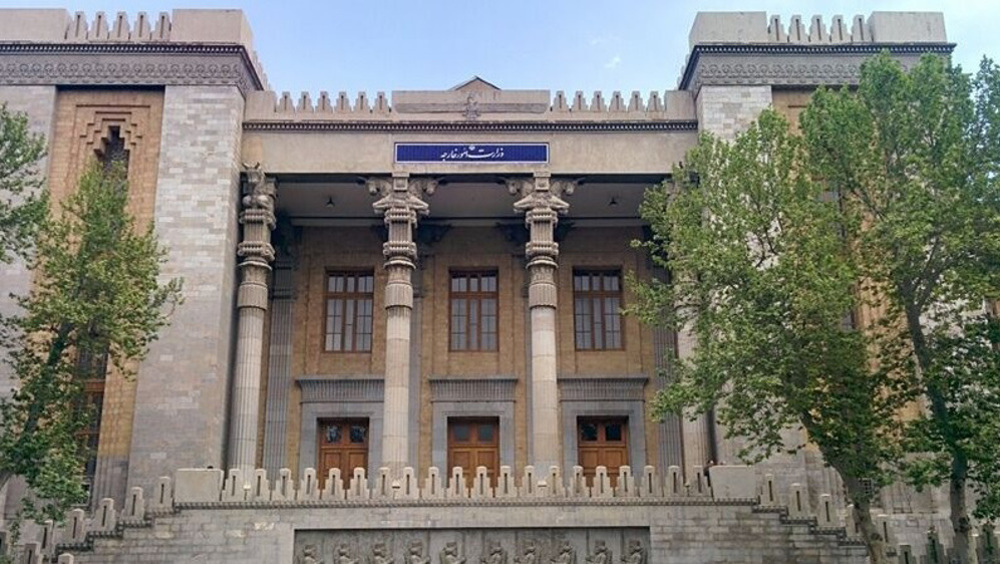
Iran summons Polish envoy over 'baseless, biased' drone claims
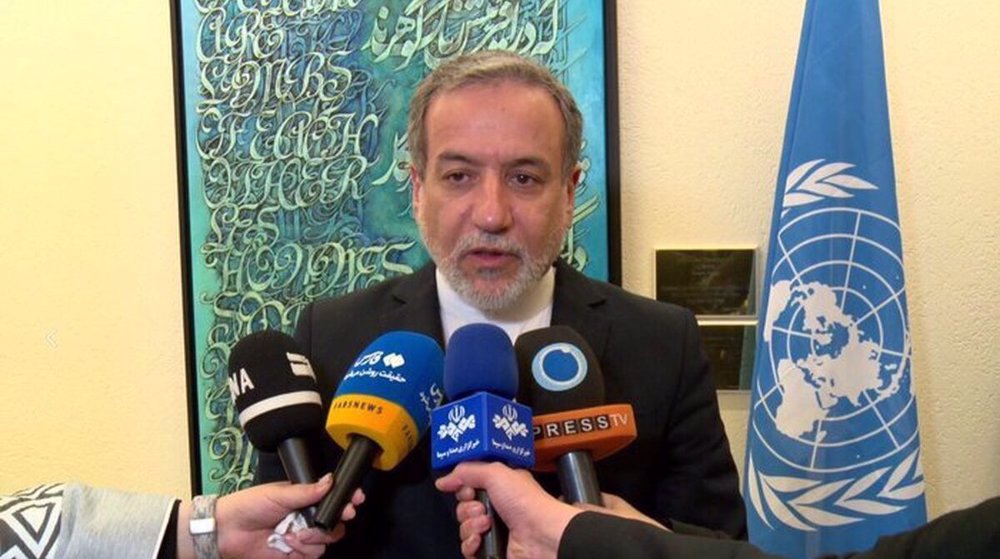
‘Misguided policies’: Araghchi says unjust sanctions inflict suffering on innocent Iranians
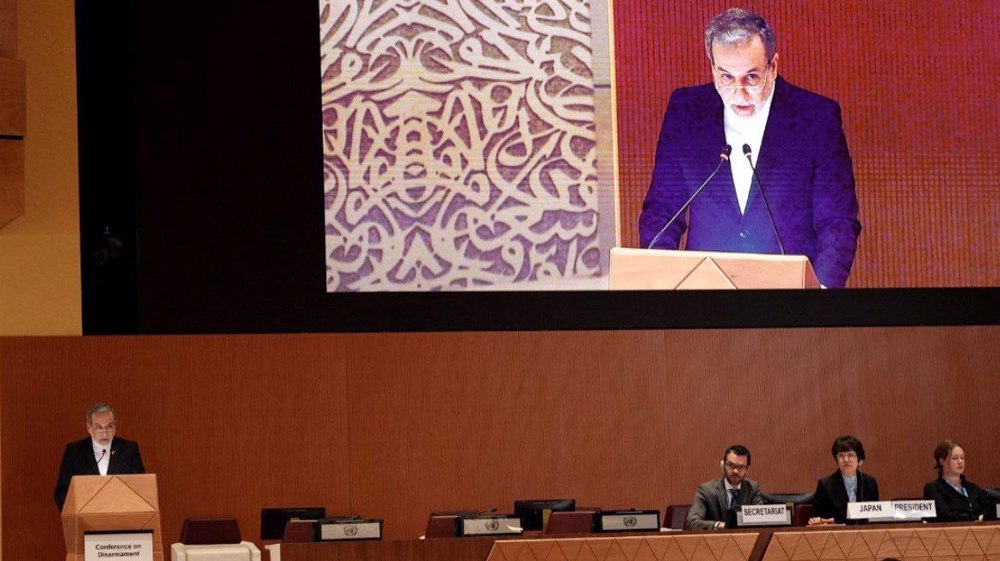
‘Grave threat’: Iran says Israel’s nukes endangering world, blasts US nuclear spending spree
Australian senator smeared by anti-Iran groups for saying Iranian women 'have a voice'
Hezbollah's display of power proved resistance cannot be eliminated: Iran parl. speaker
Israel escalates West Bank raids as official says regime seeking to complete Gaza genocide
Palestinian man dies in Israeli prison as Foreign Ministry urges intl. probe into regime’s crimes
Putin says not opposed to Europeans’ involvement in Ukraine talks
VIDEO | Iranian Kurdish protesters demand European action against PKK, PJAK terror
VIDEO | Israel expands offensive in northern West Bank, deploys tanks to Jenin
VIDEO | Spaniards fill streets of Cádiz in solidarity with Palestine


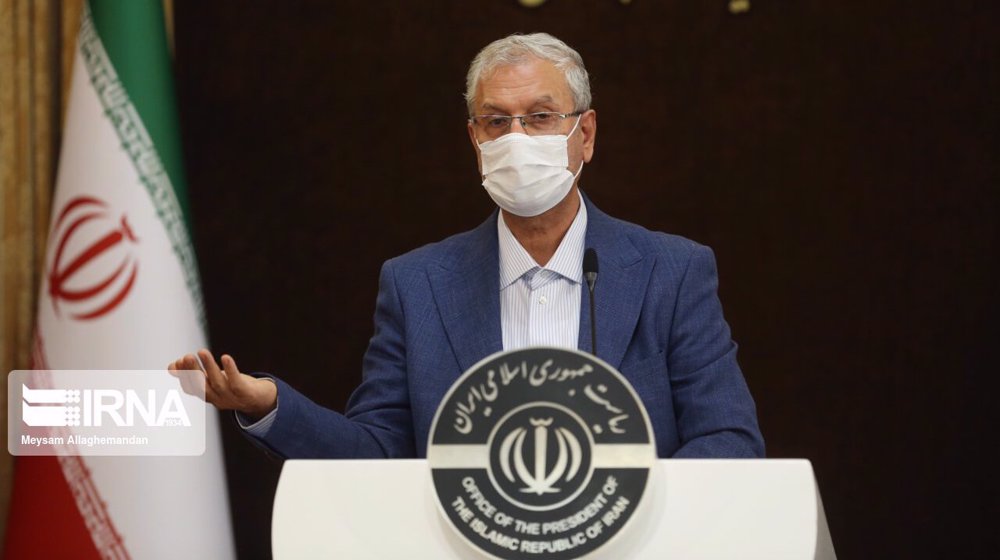
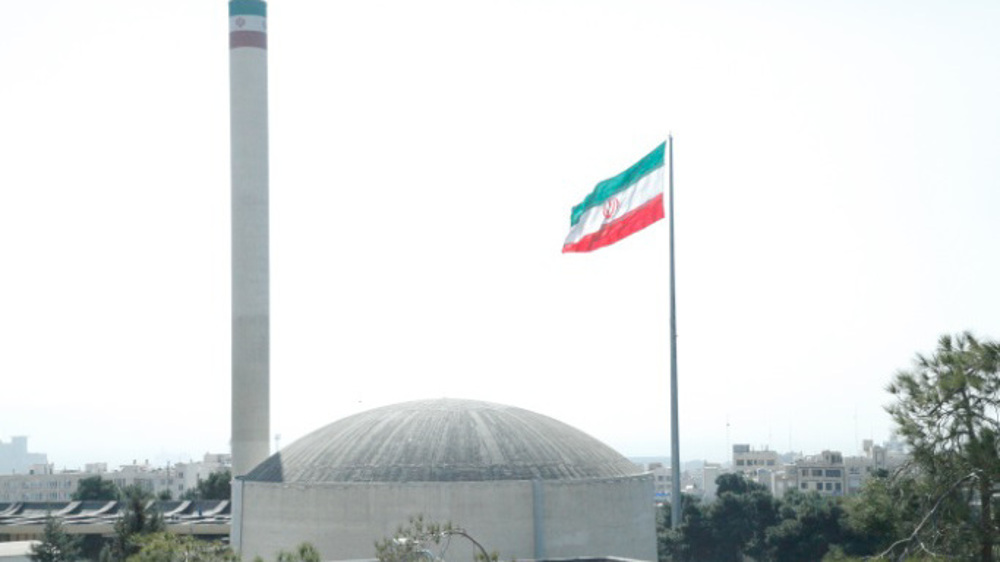
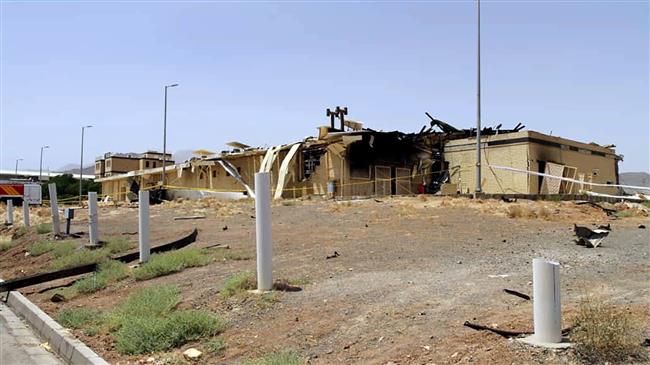
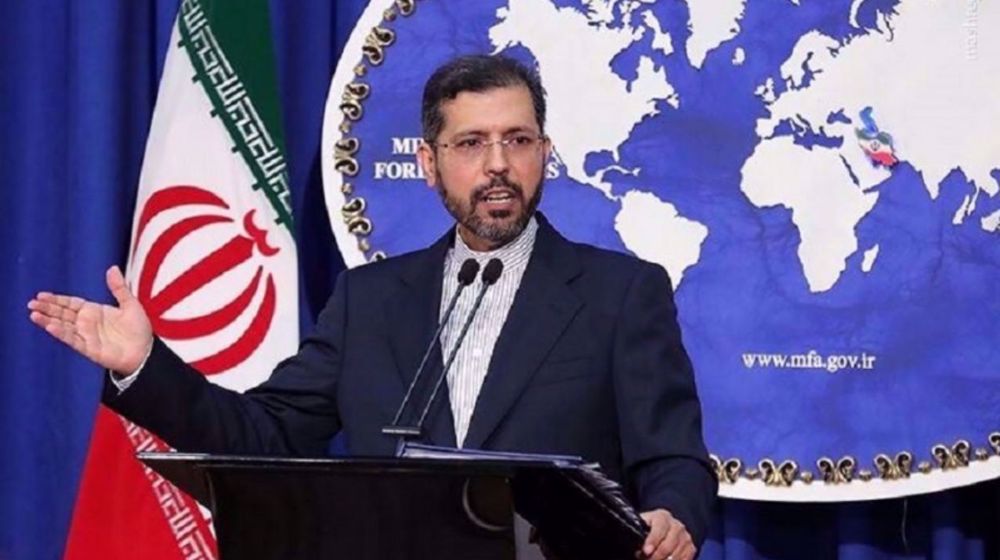




 This makes it easy to access the Press TV website
This makes it easy to access the Press TV website